Have you ever wondered what really goes on in your cat’s mind when their day takes an unexpected turn? For many cat lovers, the idea that our feline friends have “emotional routines” might sound both surprising and oddly relatable. Cats, those mysterious, whiskered creatures, thrive on predictability far more than most of us realize. But what actually unfolds when their well-rehearsed rhythm is suddenly thrown off? Let’s take a deep dive into the enchanting — and sometimes dramatic — world of cat emotions, and discover what happens when you hit “pause” on their daily rituals.
The Secret Life of a Cat’s Daily Routine

Cats are creatures of habit. They wake, nap, groom, and eat at almost the same times every day. If you watch your cat closely, you’ll notice they have a particular order for their morning stretches, breakfast, and window gazing. This isn’t just cute — it’s essential for their well-being. A routine creates a sense of safety and control in a cat’s environment. When something disrupts that flow, your cat can feel like their world is knocked off its axis. Imagine someone moving your coffee mug every morning; it’s jarring, right? For cats, those small changes feel even bigger.
Understanding Feline Emotional Routines

Emotional routines are more than just physical habits. They’re the emotional checkpoints your cat relies on throughout the day — like your greeting when you come home, or their favorite spot in the sun. These routines help regulate your cat’s stress levels and maintain their emotional balance. When these moments are interrupted, cats don’t just get annoyed. Their whole sense of stability can wobble, leading to confusion or even anxiety. Think of these routines as invisible hugs that comfort your cat all day long.
How Cats React to Sudden Changes

When you suddenly switch things up — maybe you move their litter box or change your feeding times — you might see your cat become cautious or distant. Sometimes, they hide under the bed or refuse to eat. Other times, they might vocalize more, almost as if they’re asking, “What’s going on?” Like people, some cats are more sensitive than others. But nearly all cats need time to adjust when their patterns are disrupted. Their first instinct is often to seek a sense of safety and predictability again.
Anxiety and Stress: The Silent Side Effects
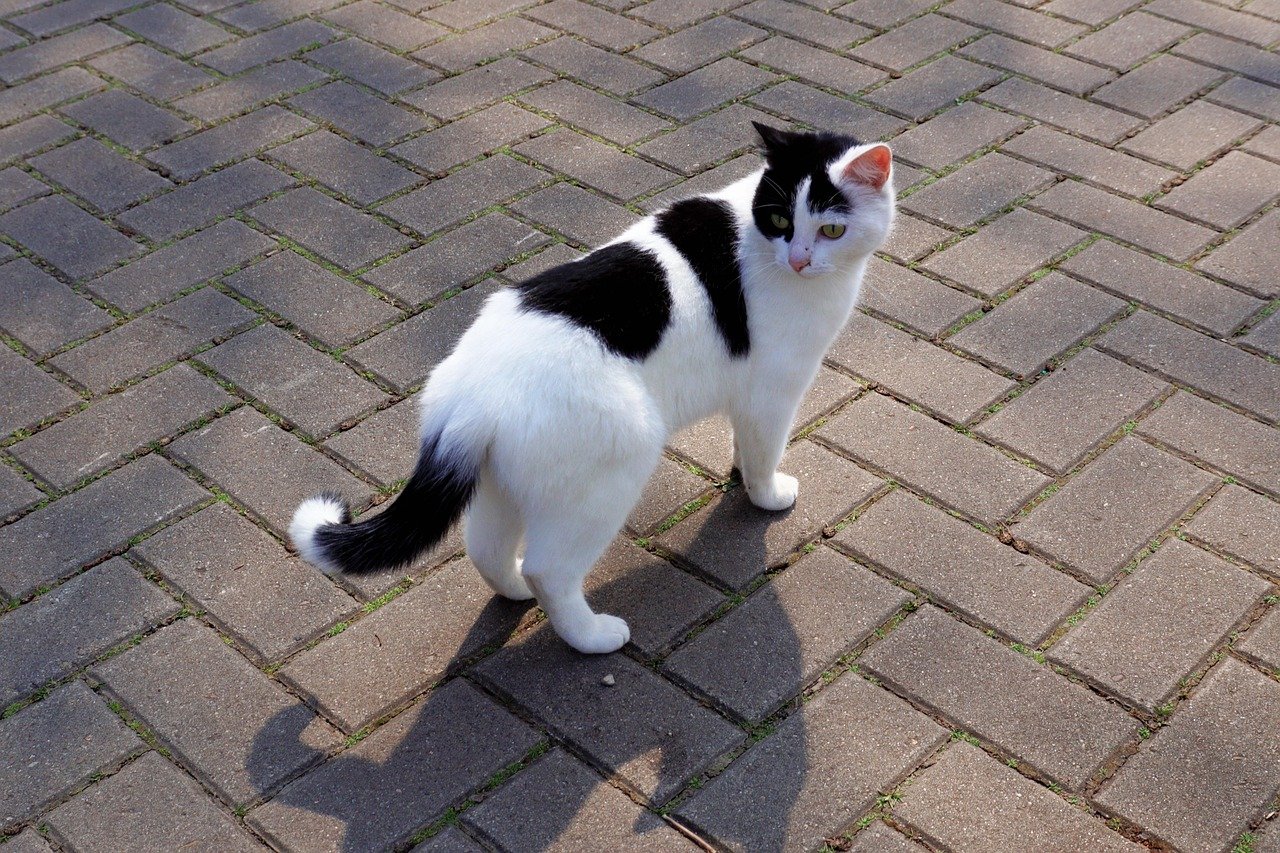
Interrupting a cat’s emotional routine can lead to anxiety or stress, even if you don’t notice right away. Some cats start over-grooming, creating bald spots, while others develop digestive issues or start avoiding the litter box. Stress can also manifest in more subtle ways, like excessive meowing or clinginess. You might notice your normally chill cat suddenly becomes jumpy at small noises. These are all signs that your feline friend is struggling to process the change.
Changes in Appetite or Eating Habits

A disrupted routine can mess with your cat’s appetite. Some cats will stop eating altogether, while others might eat too quickly or at odd times. This isn’t just picky behavior; it’s their way of expressing discomfort. Cats often associate mealtimes with security and affection, so a sudden change in schedule or location can make them uneasy. If your cat skips meals or seems uninterested in food after a disruption, it’s a red flag that their emotional routine has been unsettled.
Sleep Disturbances and Restlessness
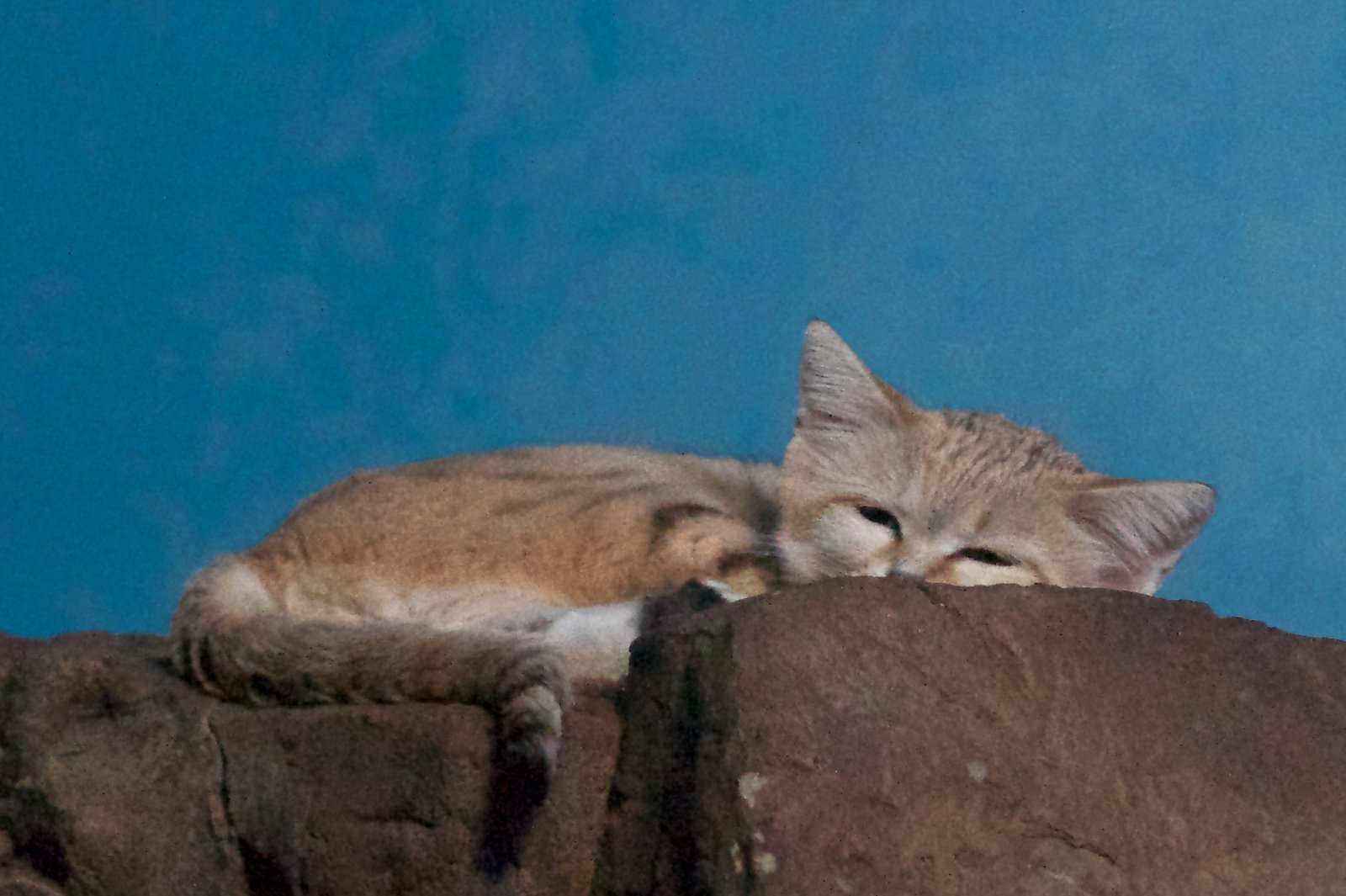
Cats love their beauty sleep — often clocking in 12-16 hours a day. When their routine is interrupted, you may notice them pacing at night or changing their favorite sleeping spots. Some cats become more restless, napping less or waking up more frequently. This lack of rest can add to their stress, making it harder for them to settle back into their usual groove. It’s a bit like how we feel after a sleepless night: cranky, foggy, and a little lost.
Heightened Aggression or Irritability
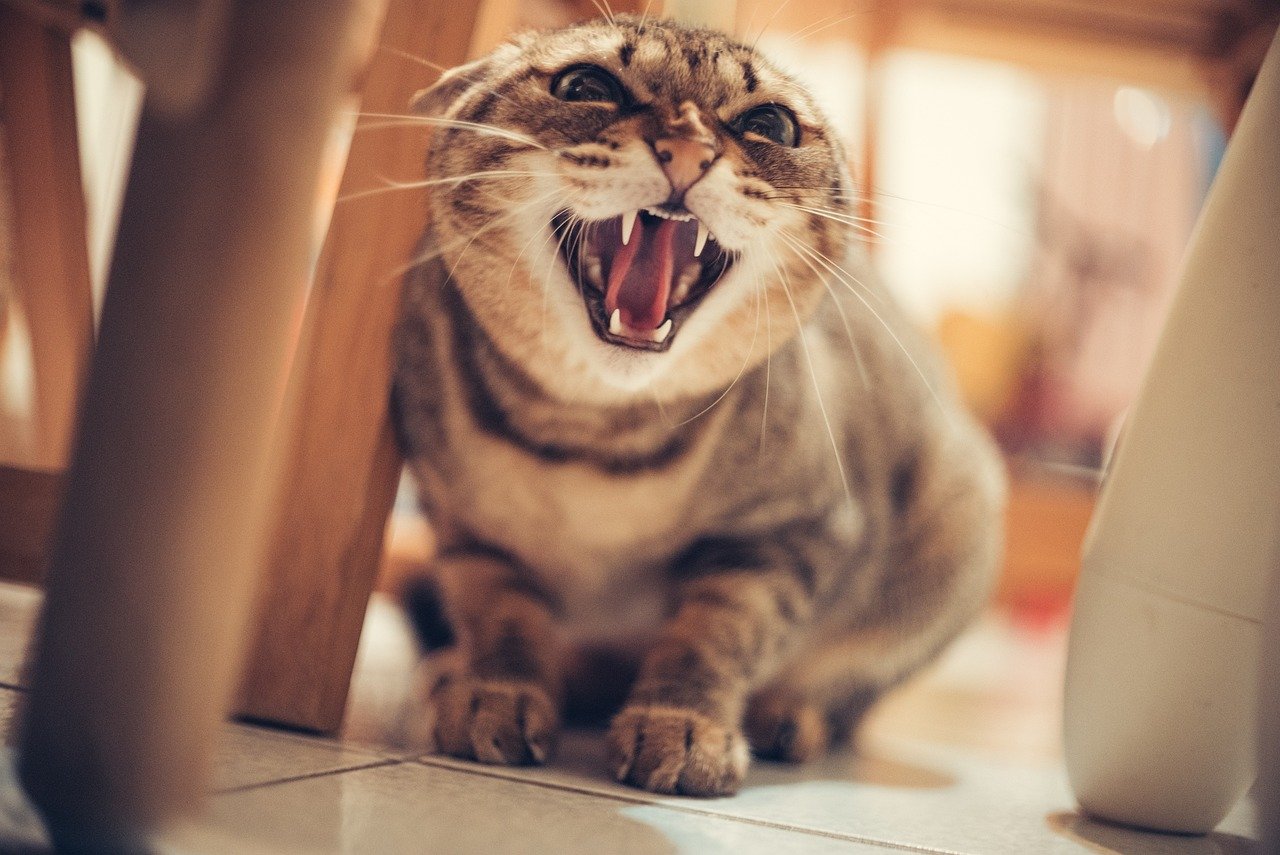
If your cat suddenly starts swatting, biting, or hissing more, it could be a sign their emotional routine is off track. Disruptions can make cats feel threatened, even if there’s no real danger. You might notice them lashing out at other pets or even at you. This aggression isn’t about anger — it’s about fear and confusion. When a cat’s sense of normalcy disappears, their patience can wear thin, leading to more frequent outbursts.
Withdrawal and Hiding Behaviors
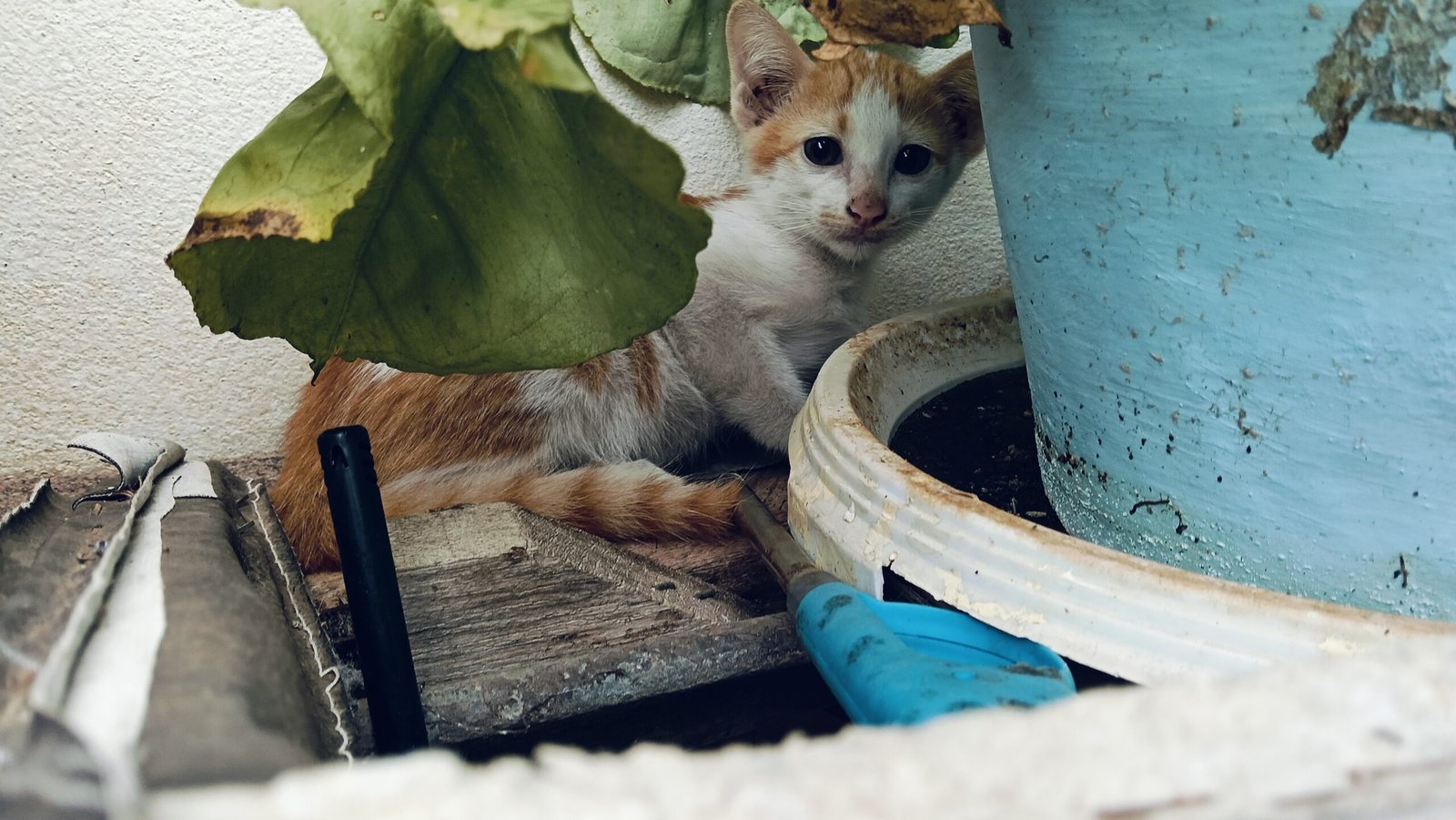
Cats often retreat to quiet, hidden spots when they feel overwhelmed. If a change in routine makes your cat disappear for hours, they’re likely trying to self-soothe in a safe space. This withdrawal isn’t just shyness — it’s a coping mechanism. Your cat might curl up in closets, under beds, or behind furniture, avoiding interaction until they feel secure again. Sometimes, it takes a gentle touch and a lot of patience to coax them back out.
Clinginess and Increased Attention-Seeking
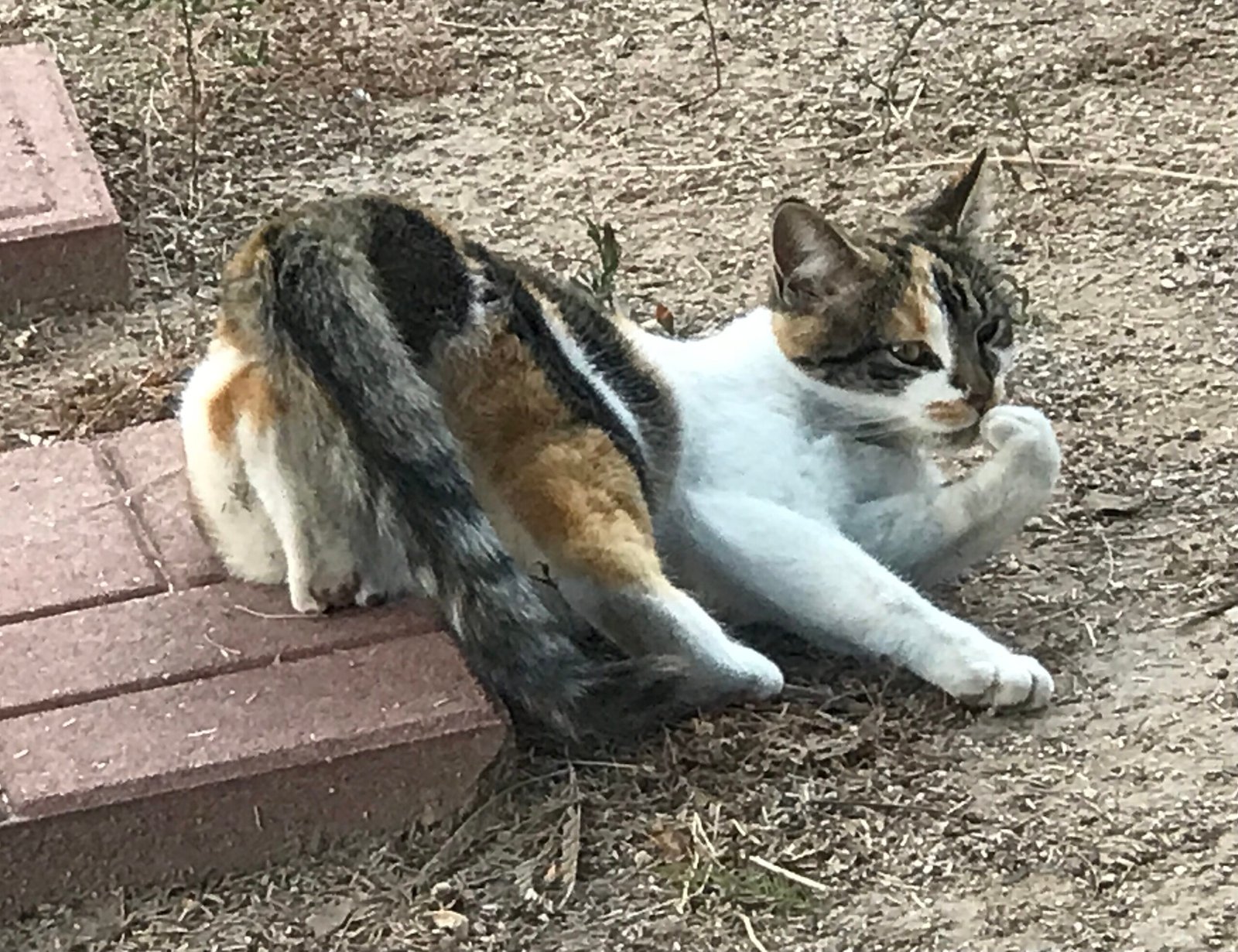
Interestingly, some cats react to routine changes by becoming extra clingy. They may follow you from room to room, meow for attention, or insist on sitting in your lap. This isn’t just cute — it’s a sign your cat is looking for reassurance. They’re essentially saying, “Please tell me everything will be okay.” While it can feel sweet to have a furry shadow, remember that your cat is trying to rebuild their sense of safety through your presence.
Disrupted Social Dynamics with Other Pets

If you have more than one pet, an interrupted routine can throw off the whole household. Cats may become territorial or start competing for attention. You might notice more spats between feline siblings or even tension with the family dog. Changes like feeding times or litter box locations can spark arguments over resources. Like kids fighting over the best seat at the dinner table, animals crave order and fairness in their shared space.
Loss of Trust and Security
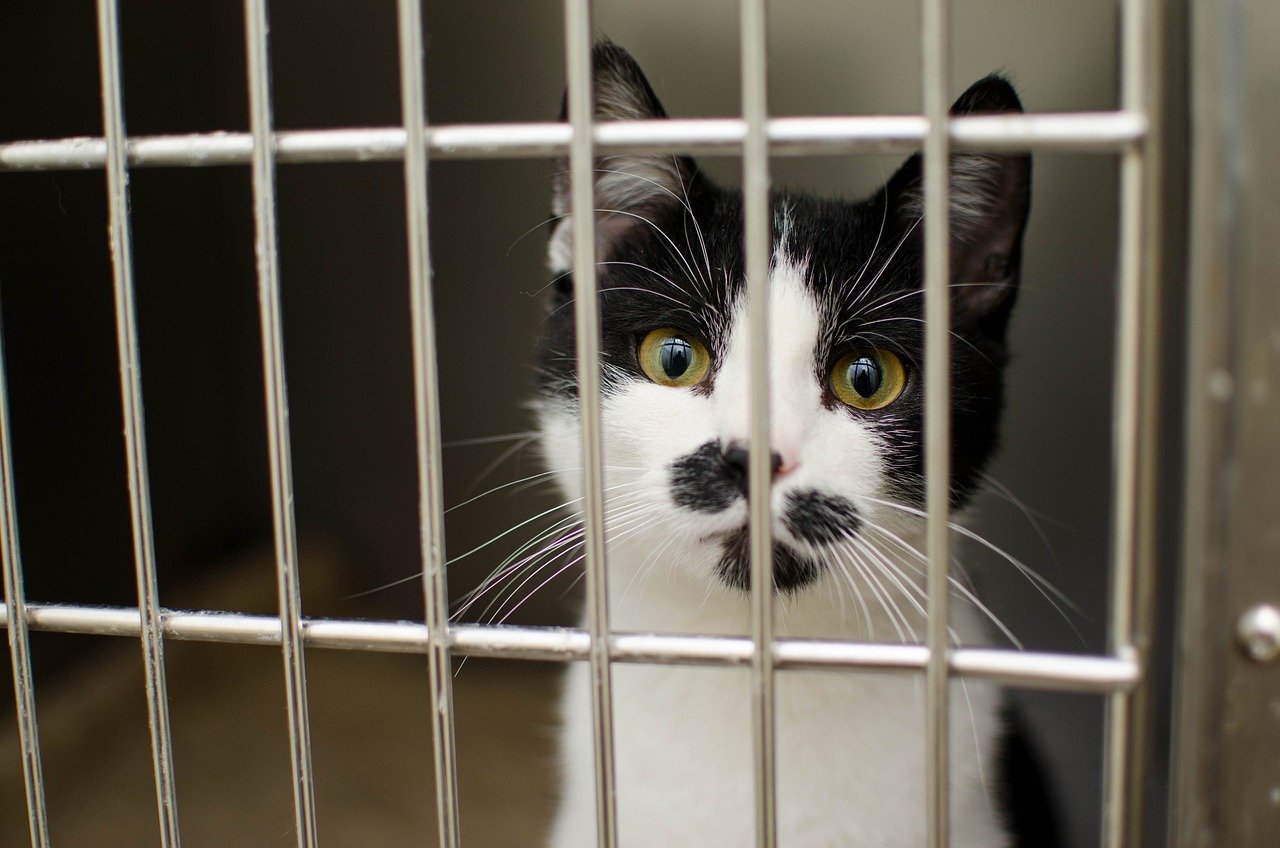
When a cat’s routine is frequently interrupted, they may begin to lose trust in their environment — and even in you. If your cat suddenly stops greeting you at the door or avoids cuddling, it could mean they’re feeling insecure. Trust takes time to build, and even longer to rebuild if it’s been shaken. Restoring that sense of safety often means returning to predictable routines and offering extra patience and affection.
Physical Health Impacts
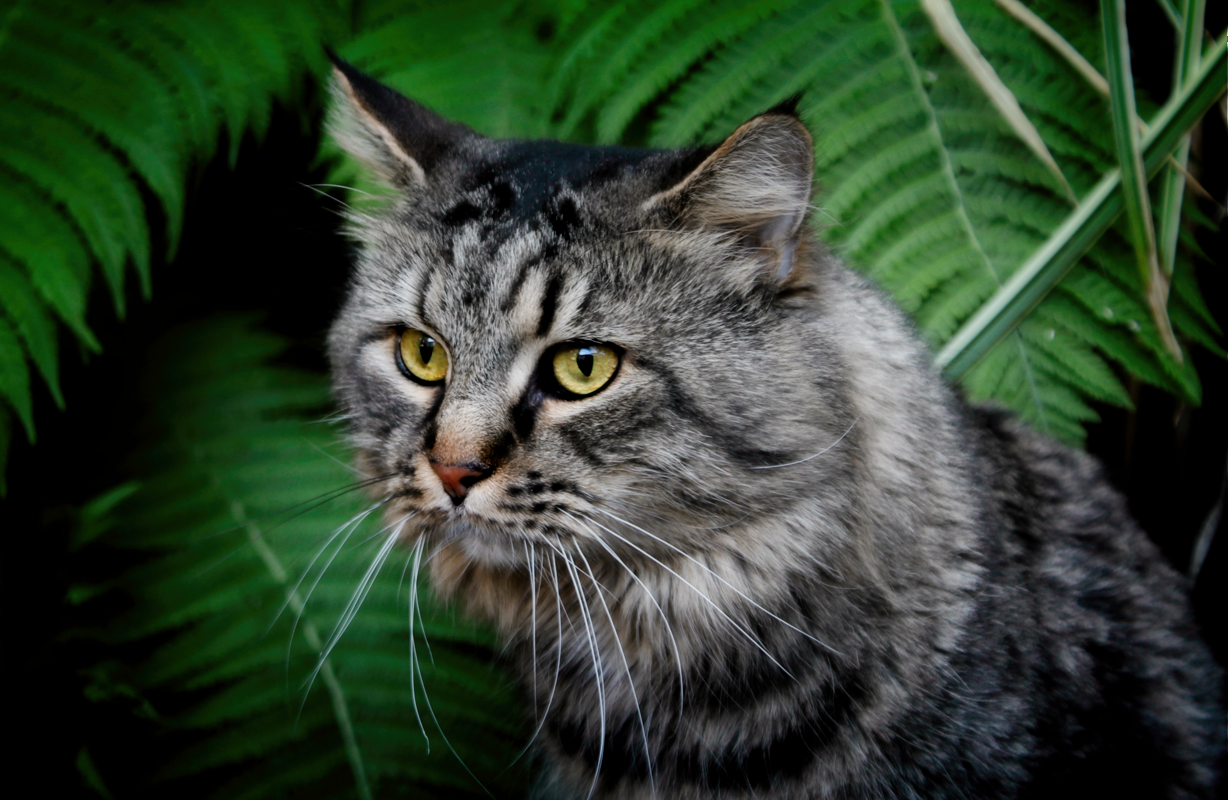
Stress from routine disruption doesn’t just affect your cat’s mood — it can impact their physical health, too. Some cats develop urinary problems, catch colds more easily, or start vomiting from stress. Over time, chronic anxiety can weaken their immune system, making them more vulnerable to illness. This shows just how tightly woven emotional and physical health are, especially in our sensitive feline friends.
Development of Unwanted Behaviors
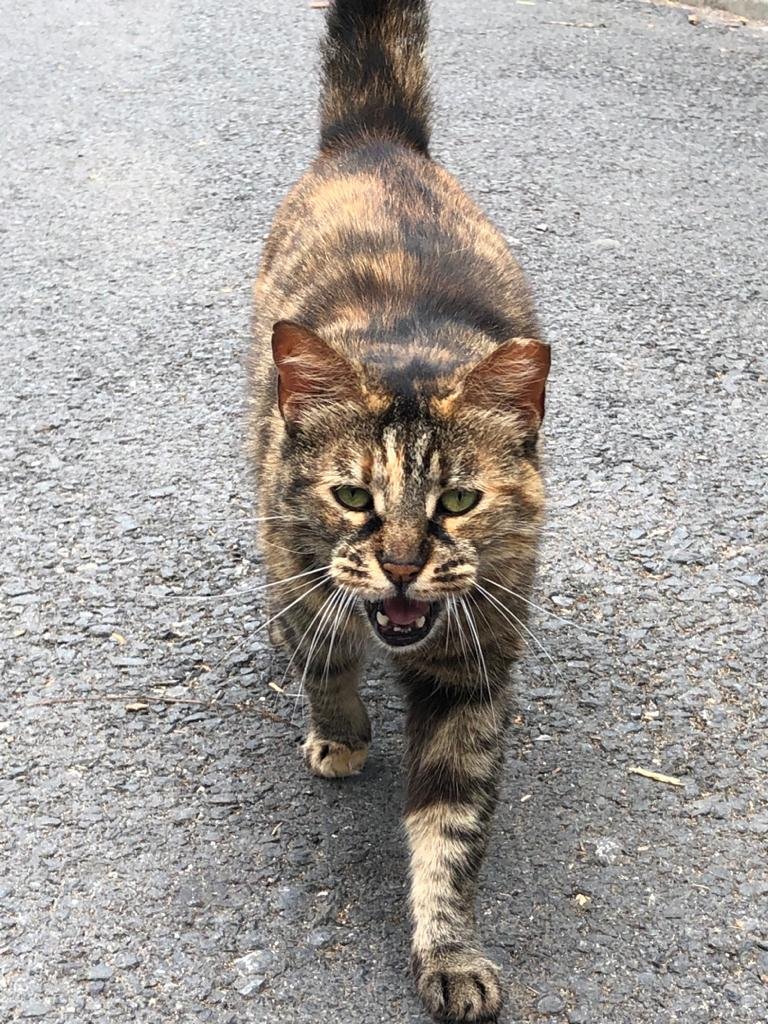
When their emotional needs aren’t met, cats can develop unwanted behaviors like scratching furniture, spraying, or knocking things over. This isn’t naughtiness — it’s often a cry for help. Cats use these behaviors to express frustration or to reclaim some control over their environment. If your normally well-behaved cat starts acting out, it’s worth considering whether their routine has been disrupted.
Increased Vocalization and Communication

A cat whose routine is interrupted might become much more vocal. You may hear more meows, yowls, or even chirps, especially at unusual times. These sounds can be their way of telling you something’s not right. Some cats even develop new “words” to communicate their distress. Listening closely to these changes can help you pinpoint what’s upsetting your furry companion.
Difficulty Adjusting to New People or Environments

Cats who experience frequent interruptions to their routines can become less adaptable over time. They may react poorly to new guests, resist moving to a new home, or struggle with travel. These cats often cling tighter to their established routines as a way to cope. Helping your cat adjust requires patience, gradual introductions, and lots of positive reinforcement.
Impact on Kitten Development

Kittens, in particular, rely on routine for healthy emotional development. Sudden changes can make young cats anxious or fearful, leading to lifelong sensitivities. Consistent feeding, play, and cuddle times help kittens build confidence and trust in their world. Interrupting these routines can cause setbacks in litter training, socialization, or even their ability to bond with humans.
Older Cats and Routine Disruptions

Senior cats can be especially vulnerable when their routines are interrupted. As cats age, they become more set in their ways. Changes in routine can cause confusion, disorientation, or even worsen conditions like feline dementia. Older cats may need more time and support to adjust, and benefit greatly from keeping things as predictable as possible.
The Role of Scent and Familiarity
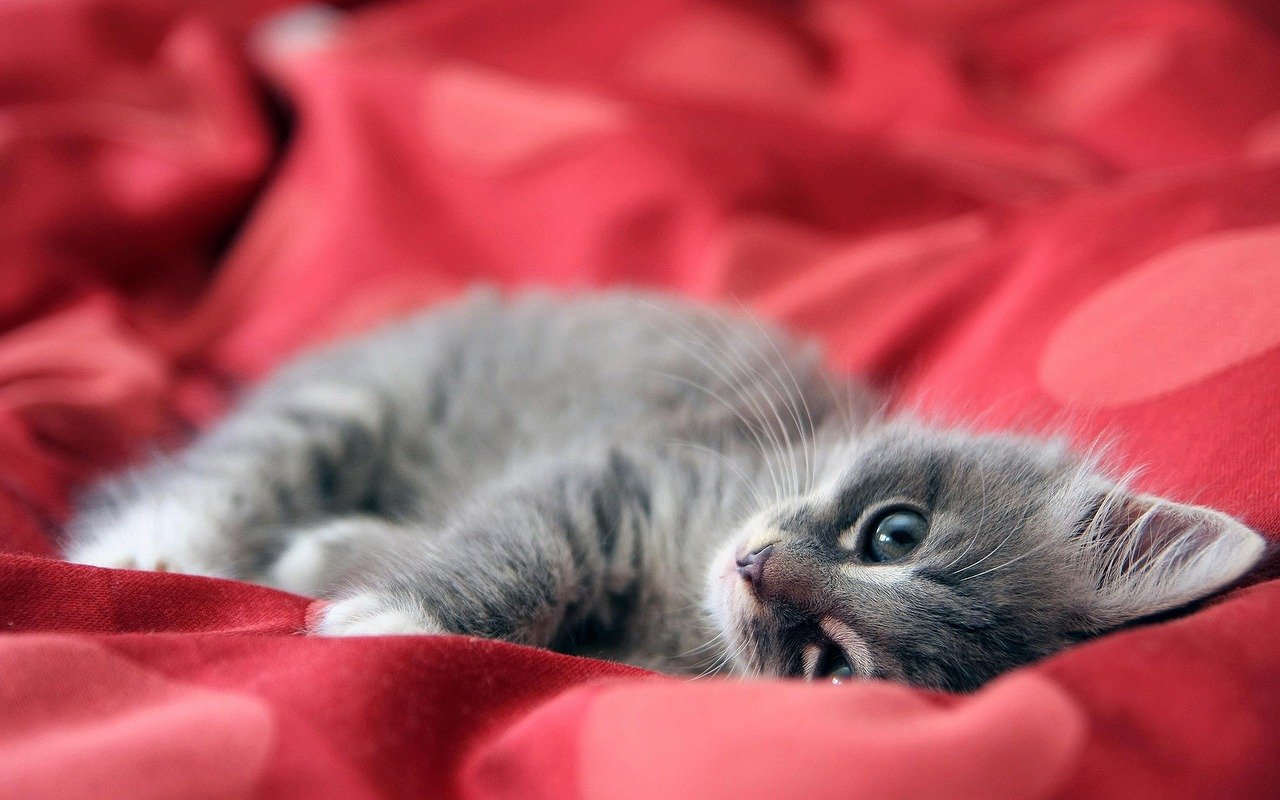
Cats rely heavily on scent to feel at home. When routines change, familiar smells can disappear, making your cat feel lost. Washing their bedding, moving furniture, or introducing new cleaning products can all unsettle your cat. Keeping some things consistent — like their favorite blanket or scratching post — can help maintain a sense of continuity even during changes.
How to Rebuild a Cat’s Emotional Routine
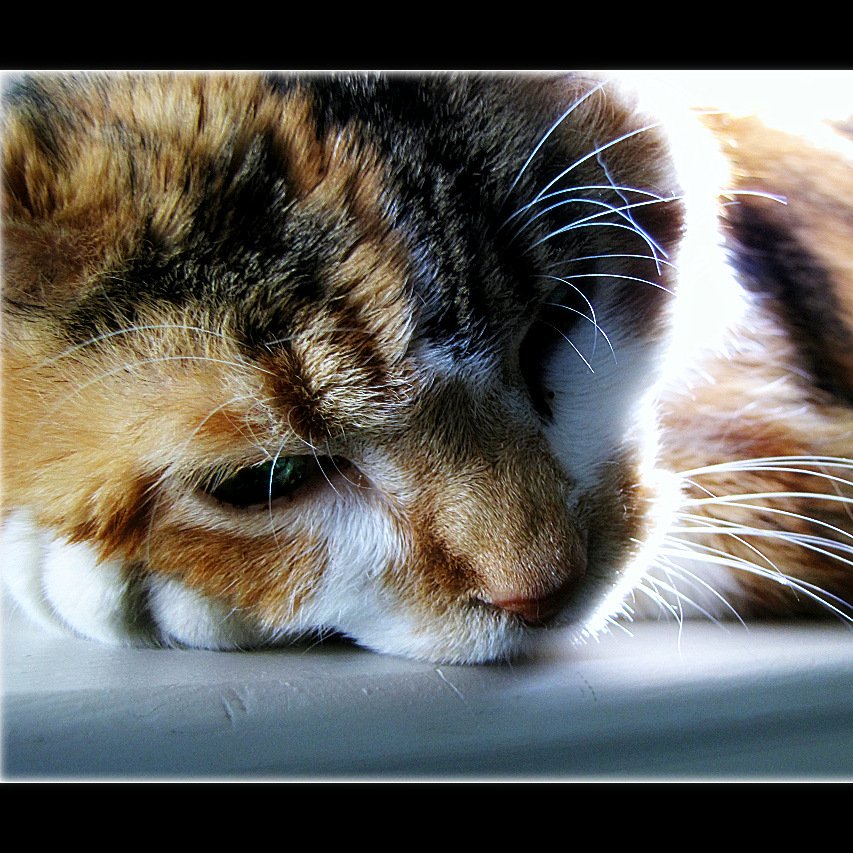
If you’ve had to disrupt your cat’s routine — maybe because of travel, illness, or moving — rebuilding it can take time. Start by reintroducing familiar habits, like playtime or treats at the same hour. Speak gently, offer comfort, and allow your cat to set the pace for re-engagement. Little by little, your cat will begin to trust the new rhythm. Just like us, they need time to rebuild their confidence after a shake-up.
Tips for Minimizing Routine Disruptions

There are ways to help prevent emotional upsets in your cat’s life. Try to keep feeding, play, and cuddle times consistent. If you need to make changes, do them gradually. Leave familiar items in place, and give your cat plenty of quiet time to adjust. If you’re introducing a new pet or moving house, plan ahead to make the transition as smooth as possible. Remember, patience and empathy go a long way with our feline friends.
Recognizing When to Seek Help
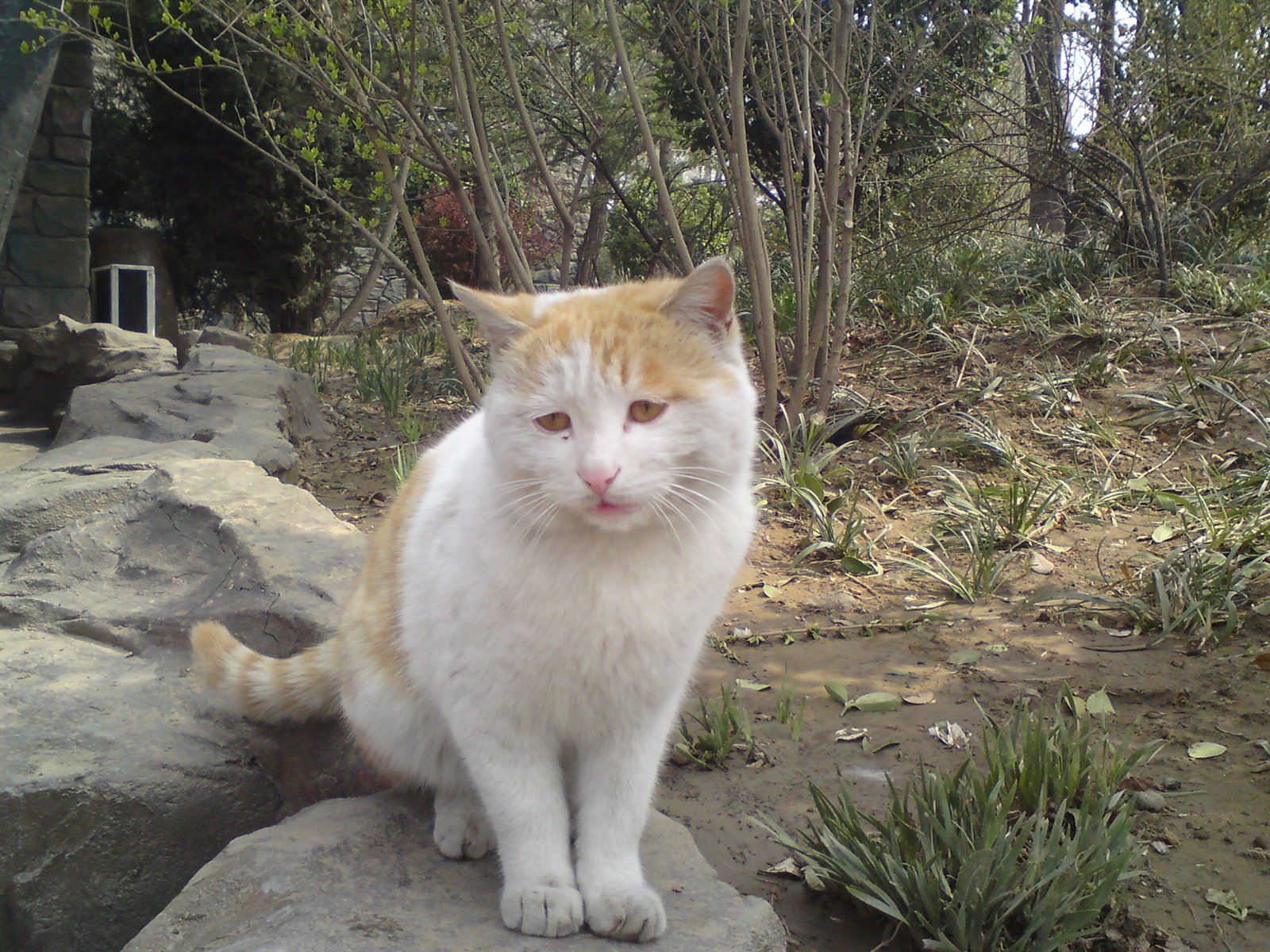
Sometimes, despite your best efforts, your cat struggles to cope with change. If you notice persistent signs of stress — like refusing to eat, hiding for days, or self-harming behaviors — it may be time to consult your veterinarian or a feline behaviorist. These experts can help you understand your cat’s unique needs and offer strategies for restoring balance. Your cat’s happiness is worth every bit of extra care and attention.
Hi, I’m Bola, a passionate writer and creative strategist with a knack for crafting compelling content that educates, inspires, and connects. Over the years, I’ve honed my skills across various writing fields, including content creation, copywriting, online course development, and video scriptwriting.
When I’m not at my desk, you’ll find me exploring new ideas, reading books, or brainstorming creative ways to solve challenges. I believe that words have the power to transform, and I’m here to help you leverage that power for success.
Thanks for stopping by, Keep coming to this website to checkout new articles form me. You’d always love it!






